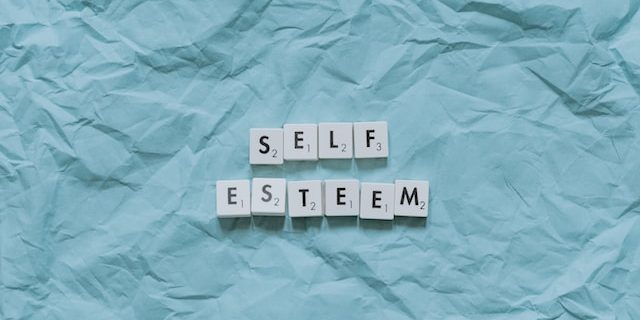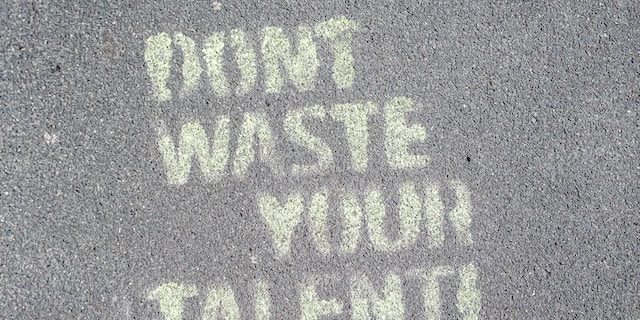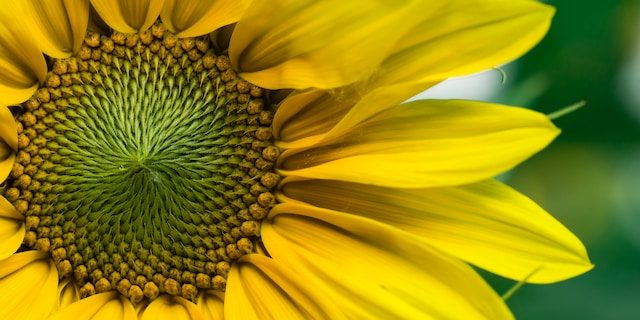Introduction:
Water is a precious resource that sustains life on Earth, and Africa is blessed with abundant lakes, rivers, and coastlines that provide vital ecosystems and resources. However, the preservation of our water bodies is under threat due to various factors such as pollution, climate change, and unsustainable practices. As African youth, it is our responsibility to recognize the importance of preserving these water bodies and take action to ensure their long-term sustainability. This article delves into the significance of preserving our water bodies and highlights the crucial role African youth can play in this endeavor.
Water as the Essence of Life:
Water is essential for all living beings, serving as a fundamental element for human health, agriculture, and ecosystem balance. Our water bodies provide clean drinking water, support aquatic life, and enable agricultural activities that sustain communities. By valuing and protecting our water resources, we safeguard the well-being of both present and future generations.
Biodiversity and Ecosystem Health:
Water bodies host diverse ecosystems, including unique species of fish, plants, and wildlife. These ecosystems contribute to the overall ecological balance and provide essential services such as water filtration and flood control. Preserving our water bodies ensures the conservation of biodiversity and safeguards the integrity of these intricate ecosystems.
Cultural and Social Significance:
Water has deep cultural and social significance in many African communities. It plays a crucial role in traditional rituals, ceremonies, and daily life. By preserving our water bodies, we honor our cultural heritage and maintain the social fabric of our communities. Furthermore, healthy water bodies provide recreational opportunities and promote tourism, contributing to local economies and sustainable development.
Addressing Pollution and Contamination:
Water pollution is a pressing issue that threatens the health of our water bodies. Industrial waste, improper disposal of waste, agricultural runoff, illegal mining which is locally called “galamsey” in West Africa Ghana and plastic pollution are major culprits. African youth can actively participate in raising awareness about these issues, promoting responsible waste management, and advocating for stricter regulations to prevent pollution. Embracing sustainable practices and reducing plastic consumption can significantly contribute to cleaner water bodies.
Climate Change and Water Conservation:
Climate change is causing shifts in rainfall patterns and exacerbating water scarcity in many regions of Africa. As youth, we can promote water conservation practices in our communities, such as efficient water use, rainwater harvesting, and reforestation initiatives. Supporting climate change mitigation efforts, advocating for sustainable agricultural practices, and promoting renewable energy can also help mitigate the impact of climate change on our water resources.
Education and Community Engagement:
Educating ourselves and our communities about the importance of water conservation is paramount. By organizing awareness campaigns, workshops, and educational programs, we can empower individuals to make informed choices and take collective action. Engaging with local communities, government agencies, and environmental organizations fosters collaboration and enables us to implement sustainable water management practices effectively.
Conclusion:
Preserving our water bodies is not only an environmental imperative but also a duty we owe to our communities and future generations. As African youth, we have the power to make a positive impact by advocating for sustainable practices, raising awareness, and actively participating in water conservation initiatives. By valuing and protecting our water bodies, we safeguard the health of ecosystems, promote cultural heritage, and ensure the availability of this precious resource for all. Let us unite as stewards of our water bodies, working together to secure a sustainable and thriving future for Africa and its people.









